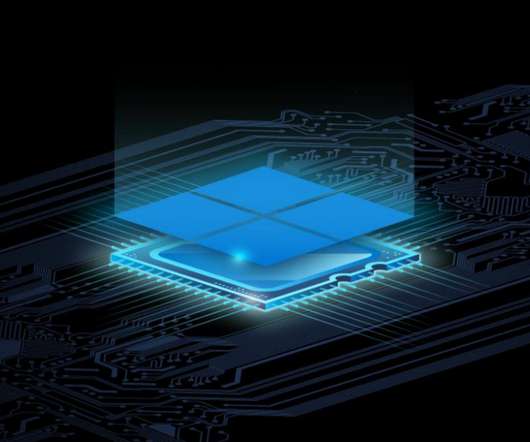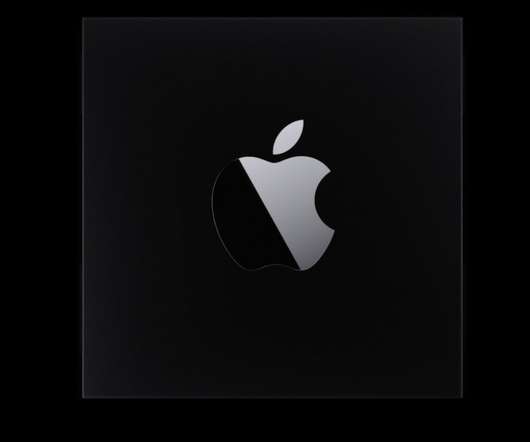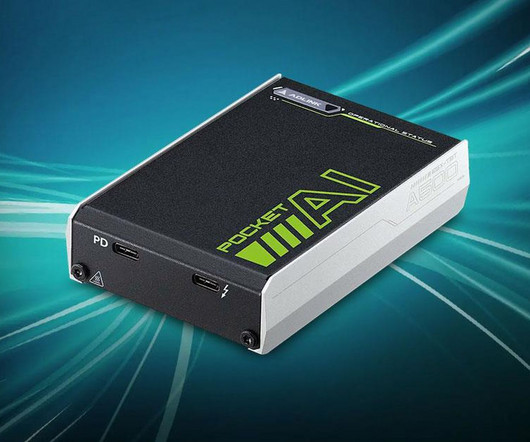China says “no thanks” to Intel and AMD on government devices
Dataconomy
MARCH 25, 2024
processors from its government computers and servers, effectively banning Intel and AMD chips. processors from government-operated computers and servers, thereby excluding chips manufactured by Intel and AMD, according to a report by the Financial Times. China has enacted new rules mandating the removal of U.S. and China.










































Let's personalize your content